7 Possible NDP Leadership Candidates
We've got 2 sittings MPs, 3 former MPs, the mayor of a major city, and an activist journalist.
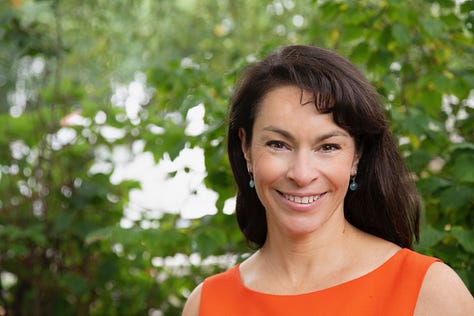
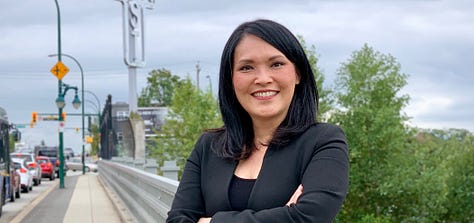
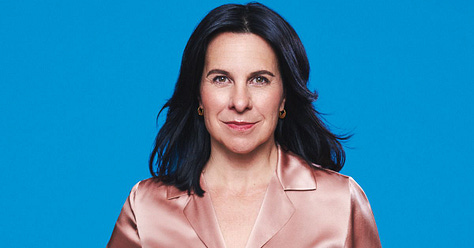
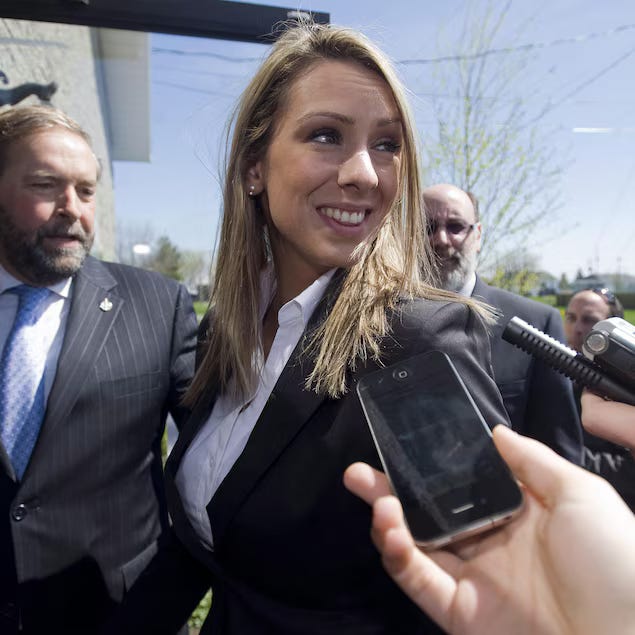
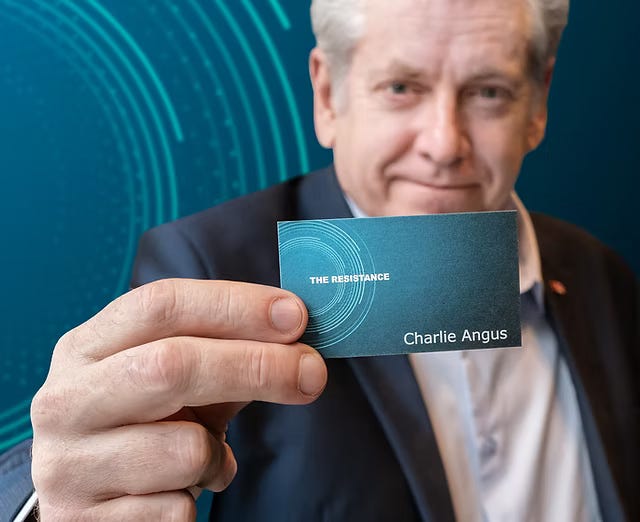
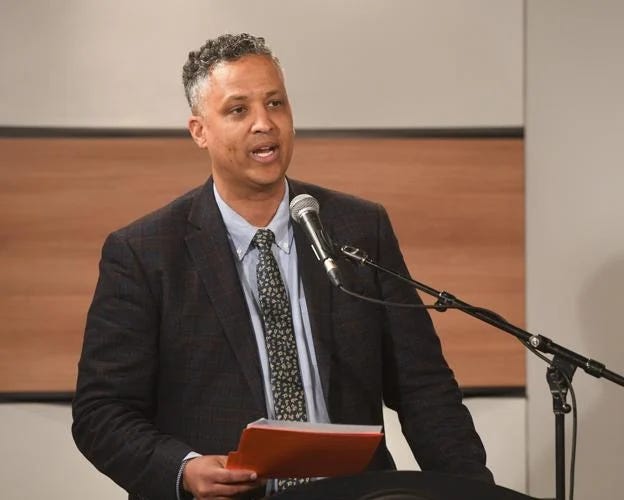
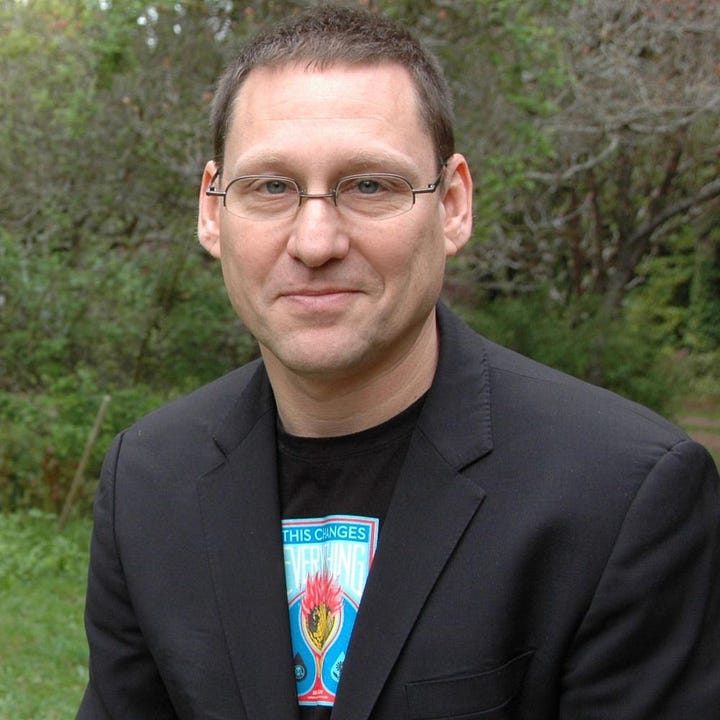
With the announcement of Vancouver Kingsway MP Don Davies as the interim federal NDP leader last night, you’ll likely see candidates declare their intention to run for the permanent job in the coming weeks.
Whoever the next leader of Canada’s historically social democratic party is, they’re going to have their work cut out for them.
The NDP faced its worst-ever result in the 2025 federal election, going from 24 seats to seven—five short of official party status—with just 6% of the popular vote.
The last time the NDP lost official party status was in the 1993 federal election, in which it was reduced from 44 to nine seats with almost 7% of the vote.
Not quite as dismal as 2025, but the point is that the party has been here before.
A couple weeks ago, with the party’s electoral wipeout on the horizon, I wrote about the two paths it can take during its inevitable rebuild, represented by the people who spoke before and after then-leader Jagmeet Singh at his pre-election Edmonton rally.
The federal NDP, I argued, can go the route of former Alberta premier Rachel Notley’s pragmatic, focus group-tested approach to winning power, or Amazon Labour Union co-founder Chris Smalls’s more ambitious approach of movement building.
I have it on good authority that Notley won’t be seeking the federal party leadership and Smalls, of course, isn’t Canadian.
I’ve compiled a list of seven people who have been rumoured to be interested in the party leadership, which consists of two sitting MPs, three former MPs and two outsiders to the House of Commons.
Heather McPherson
McPherson would appear to be the candidate to beat. Her Edmonton Strathcona seat, even in the midst of the party’s 2025 shellacking, remains the safest NDP seat in Canada.
In an interview with Chelsea Nash of the Hill Times last year, McPherson said she’d like to see a woman be the next NDP leader.
Nash asked McPherson if that woman was herself:
She starts off by commending Jagmeet Singh’s leadership, then says—in a tone that suggests she’s dismissing the prospect—"I’ve got to work on my French.”
Is she working on her French, though?
“I am working on my French,” she says, with a bit of a laugh over her words.
“We’ll see. It's a chapter that's not been written yet. And I also don't have to write it yet.”
As NDP foreign affairs critic, McPherson has gained a national profile for her tireless advocacy for Palestinian human rights since Oct. 7, 2023, one which would no doubt give her credibility with the party’s left flank.
But McPherson doesn’t hail from the left-wing of the NDP, which is most immediately apparent when it comes to the oil and gas industry.
McPherson’s approach has been aligned with former premier Notley, attempting to strike a balance between the expansion of fossil fuel extraction and protecting the environment, in contrast to those in the party who would like to see the industry be forced to start winding down immediately.
On Ukraine, McPherson has been just as hawkish as any Conservative or Liberal, which McPherson conceded to me in an interview on the defunct Forgotten Corner podcast is, at least in part, a political calculation.
Edmonton is the most Ukrainian city in Canada, with 9.3% of the population identifying as Ukrainian in the 2021 census. According to the same census, Edmonton Strathcona is even more Ukrainian, with 13.6% of its population identifying as such.
McPherson has also expressed support for the women’s rights movement in Iran, opposed the murderous Saudi and U.A.E. bombing campaign of Yemen, and criticized U.S. military invention in Haiti.
Jenny Kwan
Another of the few New Democrats left standing after the 2025 election who are rumoured to have leadership ambitions is Kwan, who comfortably won Vancouver East by eight percentage points over Liberal candidate Mark Wiens.
Asked last week by Hill Times reporter Eleanor Wand whether she is considering a leadership bid, Kwan said that “in the life of politics, you never say never,” but emphasized that the leadership race wasn’t top of mind at the moment.
Kwan does have experience helping rebuild the B.C. NDP after it was reduced to two seats in 2001, one of which was hers.
"I'm not a stranger to this environment," Kwan told the CBC. "We came back stronger."
In 1993, Kwan became the youngest person ever elected to Vancouver city council at age 29, sitting as the sole member of the left-wing Coalition of Progressive Electors for one term.
Two years ago, the Canadian Security and Intelligence Service spy agency told Kwan, who immigrated to Canada from Hong Kong when she was nine, that she had been targeted for foreign interference by the Chinese government.
Valérie Plante
A wild card in this race would be Montreal’s outgoing mayor, who has announced she won’t run for re-election after her term ends in November.
Like most of the other people on this list, Plante was given opportunities to deny her intention to run for the federal NDP leadership but refused to do so.
Asked four times by a reporter from La Presse, all Plante would say was that she doesn’t want to “put herself in a box" regarding her political future, according to Google Translate.
"It's flattering to have his name circulating, obviously. But I'm not … there,” she said.
Plante would be an outsider candidate, having been elected as a member of the centre-left municipal political party Projet Montreal. Unlike everyone else listed, Plante has never run for the NDP.
Her right-wing opponents have fed speculation that she’s looking to enter the NDP leadership race, with the Québec Proud meme page posting a racist photo of Plante with a turban photoshopped on her head.
First elected as mayor in 2017, Plante’s legacy includes more bike lanes and pedestrian streets, the creation of the Grand parc de l’Ouest and planned Des Sources Nature Park, and free transit for seniors and children.
Like every big city mayor, she’s presided over increased homelessness since the Covid pandemic, but Plante voted against a motion to to declare it an emergency.
Montreal’s police force consistently spends over budget, while Plante hands over cash to make up the difference at the expense of every other city service.
Charlie Angus
Angus opted not to run for re-election in 2025 after more than 20 years of representing Timmins—James Bay in the House.
Angus, whose long-time riding includes the Attawapiskat First Nation reserve, has distinguished himself as one of the most stalwart proponents of Indigenous rights in the House, even though he’s not Indigenous himself.
One of his signature achievements was working with Indigenous youth leader Shannen Koostachin to get a new school built on Attawapiskat in 2012.
But for a guy who’s supposedly done with politics, Angus was remarkably outspoken throughout the recent election campaign.
In the face of U.S. President Donald Trump’s tariffs and threats towards Canada, Angus launched the cross-country Elbows Up! Resistance Tour, packing community halls, often at the invitation of local NDP candidates, to lambast Trump and like-minded Canadian conservative politicians.
He’s also a fellow Substacker, writing about Canadian and U.S. politics at his Charlie Angus / The Resistance newsletter.
Angus has, of course, ran for the NDP leadership before, placing a distant second in 2017 to Jagmeet Singh, who won on the first ballot.
Recent Substack convert David Climenhaga attended Angus’s Elbows Up! appearance in Edmonton, making this observation:
It’s impossible, of course, to say if things would be different for the federal NDP this year if Mr. Angus had won the NDP leadership back in 2017, but he certainly seems to be generating more energy nowadays than the winner of that contest, party Leader Jagmeet Singh.
It’s hard to imagine that many NDP stalwarts aren’t asking themselves this question in the wake of the party’s dismal election results.
Avi Lewis
Before 2021, Lewis had largely eschewed electoral politics, engaging with social movements to influence politics from outside.
But Lewis has deep family ties to the NDP as the son of former Ontario NDP leader Stephen Lewis and grandson of former federal leader David Lewis.
In 2021, Avi Lewis almost doubled the NDP’s share of the vote in West Vancouver—Sunshine Coast—Sea to Sky Country.
In 2025, he took on Hedy Fry, the longest serving MP in the House, in Vancouver Centre, getting less than half the votes NDP candidate Breen Ouellette received in 2021. This is probably more a reflection of the NDP’s overall performance than an indictment of Lewis’s campaign.
For the bulk of his career, Lewis has worked as a TV presenter and journalist, hosting shows on MuchMusic, the CBC and Al Jazeera.
Lewis collaborated with his wife, author and journalist Naomi Klein, on the 2004 documentary The Take, which chronicles workers in Buenos Aires, Argentina, seizing control of an auto plant and turning it into a cooperative.
Klein and Lewis, alongside journalist Martin Lukacs, initiated the 2015 Leap Manifesto, which was co-written and endorsed by a wide array of environmentalist, labour and Indigenous rights groups.
At the 2016 NDP Convention in Edmonton, Lewis brought forward a resolution to endorse the manifesto, which called specifically for an orderly phase-out of fossil fuels, funding to retrain oil and gas workers, increased corporate taxes, cuts to military spending and enhanced investments in low-carbon sectors of the economy.
A watered-down motion enabling local constituency associations to endorse elements of the Leap as they see fit was ultimately passed, but not before the manifesto received a full-throated denunciation from NDP premier Notley, then-environment and parks minister Shannon Phillips and Alberta Federation of Labour leader Gil McGowan.
If he runs, Lewis would be the clear anti-establishment candidate. He’s also the only person on this list to have appeared on the Orchardcast.
Matthew Green
Matthew Green was unseated in Hamilton Centre in the 2025 election, placing third in the riding he’s represented since 2019, a casualty of the federal NDP being entirely shut out of Ontario.
Adding insult to injury, Liberal Hamilton Centre MP-elect Aslam Rana resides in Mississauga.
“I’m of this city, I’m from this city and I’m not going anywhere,” Green, a former Hamilton city councillor, defiantly told the Hamilton Spectator in the aftermath of his defeat.
“I’m a proud Hamiltonian and I am going to continue to serve … I would imagine in 18 short months we could be back at the polls, ready to take on Mr. Rana again.”
But Green is rumoured to have his eye on more than just his old seat.
He told the Spectator that he’s focused on issues that require “national leadership,” emphasizing that the NDP needs to be a “working-class party,” identifying its rebuild as his top priority at the moment.
Green didn’t rule out a leadership bid, emphasizing that the party needs to be “more inclusive,” less focused on “personality brands” or “trying to recreate the 20-year-old wins of (the late former leader) Jack Layton.”
Since his days on city council, Green has been a staunch advocate of police accountability.
A member of the NDP’s left flank, he’s called for a “more aggressive” wealth tax than the one proposed by the party
Green was one of the most stalwart supporters of the Palestinian cause in the NDP caucus, and was critical of the Ontario NDP’s decision to boot former MPP Sarah Jama from the party for calling for an “end to all occupation of Palestinian land” in the immediate aftermath of Oct. 7.
Ruth Ellen Brosseau
The 2011 Orange Wave catapulted the Jack Layton-led federal NDP to Official Opposition, in large part thanks to the party’s breakthrough in Quebec.
Brosseau, an Ottawa bartender and single mother, agreed to run as a candidate in the central Quebec riding of Berthier—Maskinongé, because the party couldn’t find anyone local.
So sure that she wasn’t going to win, Brosseau didn’t campaign in the riding, and in fact travelled to Las Vegas mid-election for a pre-planned birthday celebration.
But with the collapse of the Bloc Quebecois, Brosseau defeated incumbent Guy André, becoming the face of the Orange Wave.
The newly elected MP dove head first into politics. In 2014, her caucus colleagues elected her as caucus vice-chair.
Brosseau was re-elected in 2015 against Bloc candidate Yves Perron with more votes than she received in 2011. In 2018, Singh named her house leader.
She was defeated, however, in rematches with Perron in the 2019, 2021 and 2025 elections.
Despite losing three elections in a row, Brosseau has said she won’t “close the door” on a leadership campaign.
“I love politics. If I can get involved, and if I feel useful, I will continue, I will not let go,” she told Radio-Canada’s Toujours le matin.
While a Brosseau leadership bid may seem out of left field, there was talk of her entering the 2017 leadership race, but she ultimately decided against it.





This list is devoid of class analysis, which is completely fair TBTH. This capitalist workers' party is 95% market and 5% socialish. Time for serious discussion of running open class-struggle candidates like the Victorian Socialists in Australia. Maybe interview one of their organizers?
My first question to any of them would be what's your position on the genocide in Gaza. Pretty good litmus test, I'd say. (And brava, ms. McPherson)